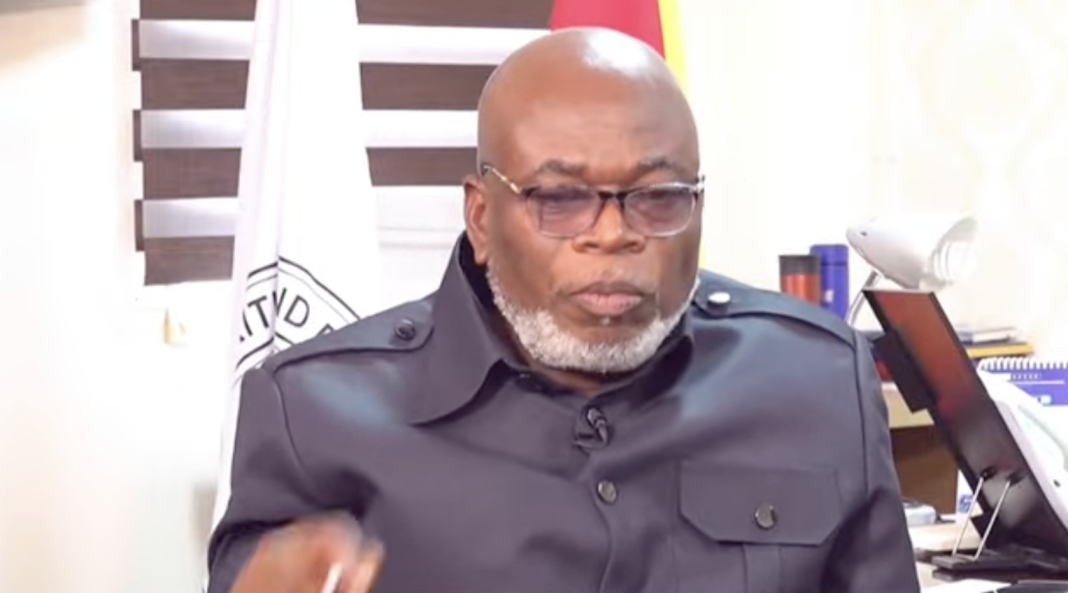For years, the Public Accounts Committee (PAC) has brought most scandalous corruption cases to light, questioning public officials on live television and making strong recommendations for prosecutions. Yet, nothing happens.
The same officials return to their offices, the same funds disappear, and the same cycle continues.
According to former PAC chairman and current Director General of the Securities and Exchange Commission, James Klutse Avedzi, the real problem is clear—the Executive branch is blocking the fight against corruption.
Mr Avedzi, who chaired PAC from 2017, has revealed the systematic failure that allows corruption to thrive.
“Ghanaians think that the committee has the power to punish people on the spot, but we do not. The committee doesn’t have that power to punish. We can only recommend.”
And recommend, they have.
“We recommended a number of people—I cannot even count them—to the Attorney General for prosecution.”
But after that, the process grinds to a halt.
The issue, according to Avedzi, is not with Parliament, but with the Executive. PAC’s work is based on the Auditor General’s reports, which document financial mismanagement and suspected corruption.
The committee investigates, interrogates officials, and submits reports to Parliament. “100% of my reports have always been adopted,” Mr Avedzi said.
“Now, it is left for the Executive to implement the decisions of Parliament.” That is where everything collapses.
One of the most striking examples is the Sky Train scandal, a case where millions were spent on a project that never materialised.
PAC recommended prosecutions, yet for years, nothing was done.
“If you heard the Attorney General at his recent press conference, he said action is finally being taken. We really recommended that people should be prosecuted, and fortunately, that is coming up now.”
But Mr Avedzi is not celebrating just yet. He has seen too many recommendations collect dust while officials remain untouched.
At one point, the Attorney General’s office claimed they had never received PAC’s list of officials for prosecution.
“The Attorney General told the committee that there was no communication from Parliament to him. So, I had to do whatever I could to ensure that the clerk of Parliament communicated the plenary’s decisions to him.”
It took two years before the communication finally went through. And after that? Still, nothing happened.
Mr Avedzi believes that corruption will never stop until officials are truly punished.
“If people who flout the procurement law are prosecuted and punished, it will serve as a deterrent. But right now, officials know that after facing PAC, nothing happens. That is why corruption continues.”
The problem is no longer about uncovering corruption—it’s about enforcement.
“The solution is simple: let’s punish the people. Whatever is recommended in a report should be implemented.”
Without this, he warns, the Public Accounts Committee will remain just another bureaucratic formality, exposing wrongdoing without any real impact.
“People appear before PAC, they answer questions on television, and their friends and family watch. But after that, the report goes to the Executive, and they don’t implement it. That is what we are lacking.”
Mr Avedzi said that unless the Executive acts, Ghana’s anti-corruption efforts will remain a public show without consequences.
“Officials know that after facing PAC, they will go back to their offices as if nothing happened. If we are serious about fighting corruption, that must change.”
DISCLAIMER: The Views, Comments, Opinions, Contributions and Statements made by Readers and Contributors on this platform do not necessarily represent the views or policy of Multimedia Group Limited.
